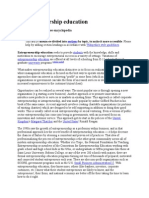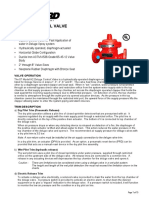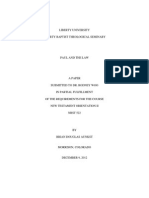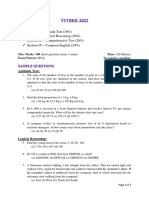0% found this document useful (0 votes)
20 views5 pagesSustainable Development Project
The document provides a comprehensive overview of sustainable development, defining it as a balanced approach to economic, environmental, and social needs. It outlines objectives, principles, and the importance of sustainable development, along with global initiatives, Sustainable Development Goals (SDGs), and strategies for implementation. Additionally, it discusses the role of individuals, case studies, challenges, and specific initiatives in India aimed at promoting sustainability.
Uploaded by
Jatin GuptaCopyright
© © All Rights Reserved
We take content rights seriously. If you suspect this is your content, claim it here.
Available Formats
Download as PDF, TXT or read online on Scribd
0% found this document useful (0 votes)
20 views5 pagesSustainable Development Project
The document provides a comprehensive overview of sustainable development, defining it as a balanced approach to economic, environmental, and social needs. It outlines objectives, principles, and the importance of sustainable development, along with global initiatives, Sustainable Development Goals (SDGs), and strategies for implementation. Additionally, it discusses the role of individuals, case studies, challenges, and specific initiatives in India aimed at promoting sustainability.
Uploaded by
Jatin GuptaCopyright
© © All Rights Reserved
We take content rights seriously. If you suspect this is your content, claim it here.
Available Formats
Download as PDF, TXT or read online on Scribd
/ 5



















































































